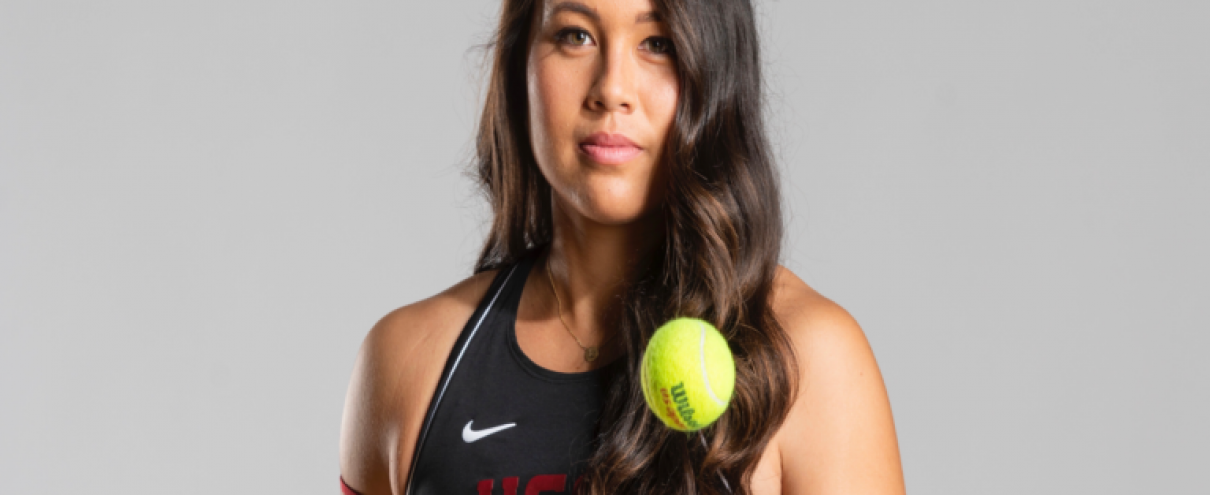Content Advisory: Please note the following content can be directly or indirectly related to content about mental health, depression, suicide, and or self-harm.
I am a tennis player. In 2019, I lost in the Final Four of the NCAA Doubles Championships as the #1 ranked team in the country, and from the ultimate high of being on the brink of achieving a dream (the NCAA champions receive a wild card into the U.S. Open), I sunk into a hole for months. I cried nightly, I isolated myself from all my friends and family, I used training to console my grief until it turned into self-punishment, and above all, I hated myself for being so affected by it.
In the grand scheme of things, it wasn’t a big deal. It was a college tournament, not to mention the fact that I had another year, which meant another opportunity, but this felt like the end of the world. So over some painful resulting self-reflection, I found some answers. And for those who know me, they know why I hurt. But most people don’t know me. And most people don’t know us. And most people don’t want to.
Sports glorify pain and suffering… but only in the physical sense. The marathon runner crawling across the finish line after his legs cave in. The grimace of a wounded warrior fighting though injury.
They are so tough.
But it is ingrained into the athlete culture to never display struggle outside of the physical. Hiding behind the convenient veil of “mental toughness,” we are taught that to show our internal pain is to show weakness.
He is soft. She is mental.
Confronting this belief and this fallacy was the most important thing I did for my career and for myself. I am a successful, physically and mentally-tough athlete, and I have utilized therapy weekly throughout all four years of college. I can admit it wasn’t until my senior year that I was willing to use the word “therapy” over “sport psychology” simply because I didn’t want to admit that I had anything “wrong.” I was only here to work on my mental game and make myself a better athlete. I don’t have real problems.
In a society where athletes are told to “Shut up and dribble,” this implication applies further than just to our social activism– it applies to every part of our life. You make millions, or you go to college for free, or you play a game for a living, what could you possibly feel bad about?
My advice to athletes, students, artists, musicians, whatever-your-occupation, but most importantly, HUMANS is to relinquish your guilt, your shame, and your judgements about your struggles. Emotions are emotions. Your body and your mind don’t reserve feelings only to be unlocked by societally-dictated worthy events. Whether you hurt about losing a match, losing an opportunity, losing a friend, or losing a life, you hurt. You hurt, period. And everyone who is hurting deserves to be able to ask and be given help in their time of need.
Talk. Share. Help.




 TadHealth
TadHealth







